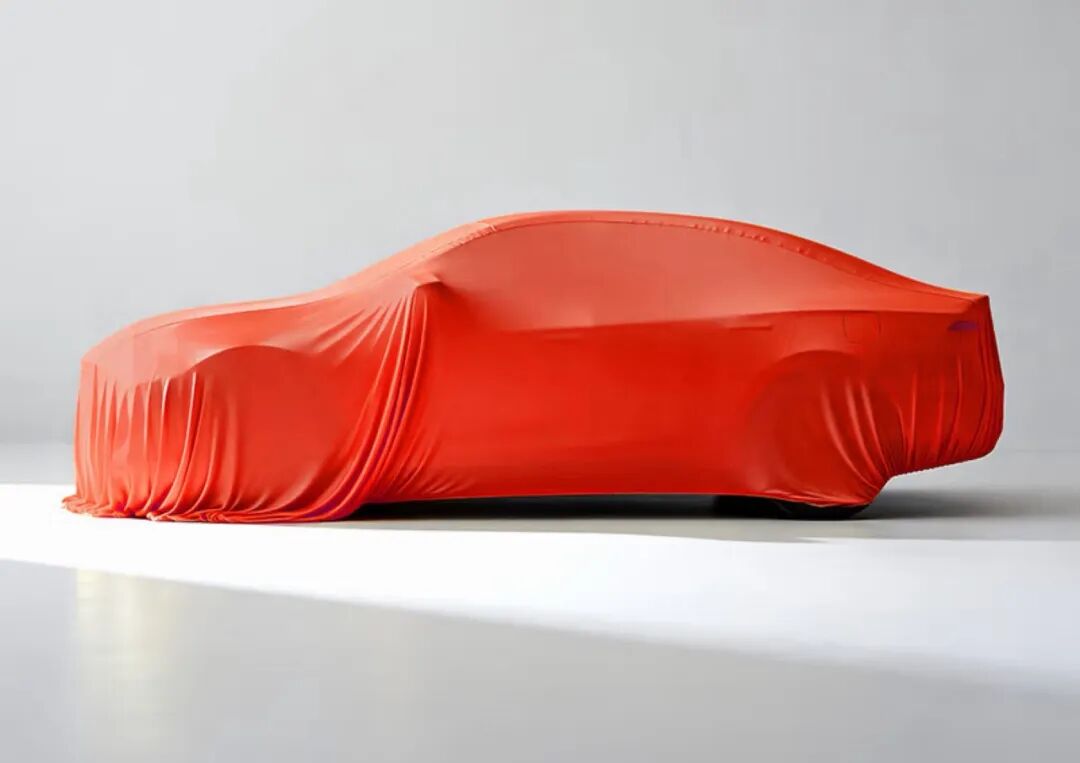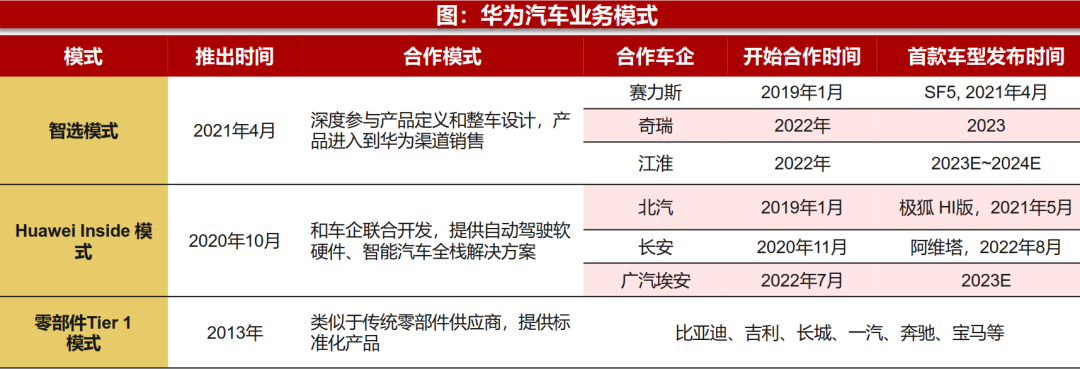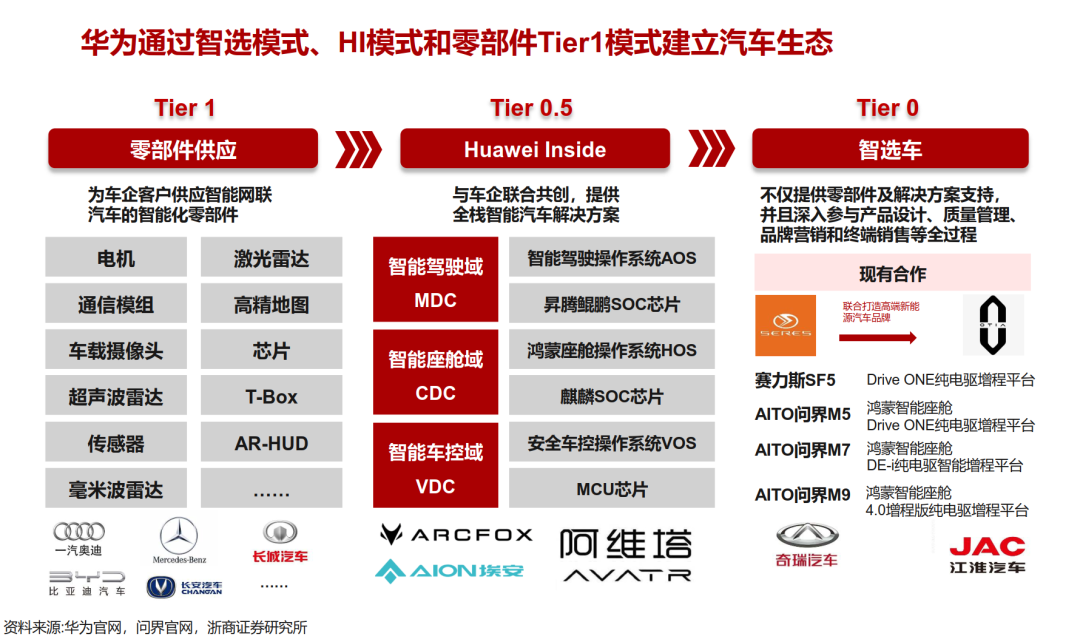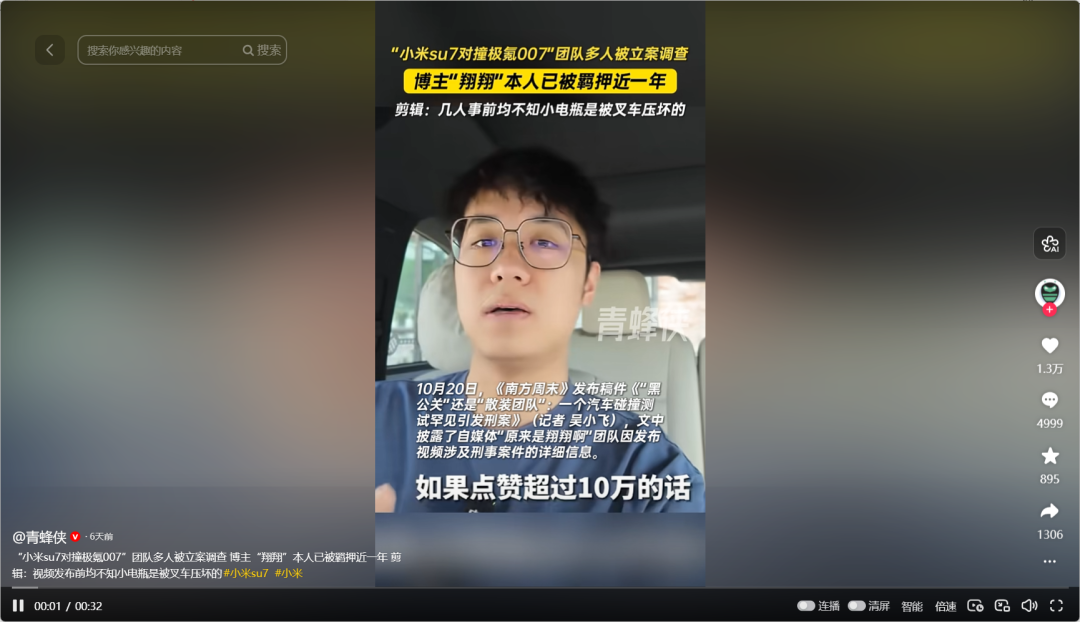JD Automotive: Sparing No Effort to Guarantee Vehicle Safety
![]() 10/30 2025
10/30 2025
![]() 670
670

Author: Lu Zhenxi
Safety: The Quintessential Shortcut to Success for Automakers
Since this summer, apart from the occasional reports of spontaneous combustion in electric vehicles, the most notable development has been JD.com's partnership with CATL and GAC Group to unveil the 'National Good Car'.
According to official sources, JD Automotive capitalizes on CATL's cutting-edge battery technology and chocolate battery swap ecosystem. It combines these strengths with GAC Group's robust capabilities in intelligent manufacturing, comprehensive safety technologies, and a global R&D system. Additionally, it integrates JD's resources in user insights and omnichannel automotive consumption and services. The 'National Good Car' will prioritize four key aspects based on users' real needs: stylish design, safety performance, driving range, and affordability, striving for the optimal balance. Meanwhile, the three partners will also spearhead intelligent upgrades across the entire automotive supply chain, from production to services.
JD Automotive has stated its intention to collaborate with more brands in the future, launching additional 'National Good Cars'. It also plans to invite industry participants such as 4S stores, car delivery/service centers, and large after-sales service outlets to join in creating a broader sales, delivery, and after-sales service network for these vehicles.
From JD Automotive's strategic layout and statements, it's evident that its primary goal isn't to directly establish a new car factory for manufacturing vehicles or even to supply components to automakers at present. Instead, it aims to package and integrate its user data and channels to provide automakers with more detailed user personas, assist in formulating marketing strategies, and ensure seamless sales pathways and diversified construction.
JD Automotive's initiative will undoubtedly facilitate smoother communication between partner automakers and users, helping automakers stay abreast of user dynamics. Considering its cooperative clients, GAC, as a typical representative of traditional automakers, faces fierce competition from new automotive forces in the internet-driven car-making trend. Traditional automakers, known for their pragmatic approach, clearly struggle to adapt to the flashy world of 'internet marketing'.
The apparent weakness of traditional automakers in navigating the internet landscape starkly contrasts with JD's formidable strength as an established internet player. Its brand reputation, particularly in logistics, leads the market. If it subsequently collaborates with numerous 4S stores, JD Automotive's 'front-end warehouses' will continue to expand, further enhancing its already superior logistics capabilities. Traditional automakers will also have the opportunity to leverage 'last-mile' delivery capabilities to build diversified sales channels, thereby boosting their performance.
How Does JD's Approach Differ from Huawei's in the Automotive Sector?
When examining JD's layout in the automotive industry, it's clear that it covers all business lines except car manufacturing, forming a closed loop in sales and maintenance services, and even offering battery swap services, primarily targeting mass consumers.
Take Xpeng, a new automotive force, as an example. According to JD Blackboard, on October 15, JD Logistics and Xpeng announced a deepened strategic cooperation in Dubai's Jebel Ali Free Zone. JD Logistics took charge of fully planning and operating Xpeng's Middle East regional spare parts warehouse, which officially opened. This spare parts center reportedly stores over a thousand types of auto parts, catering to the maintenance needs of multiple Xpeng models. It has become Xpeng's largest auto spare parts center in the Middle East, laying the foundation for JD Car Care.
Huawei, another prominent internet company renowned for not manufacturing cars but assisting companies in building high-quality vehicles, lacks car maintenance services. Instead, it provides components to automakers, primarily targeting corporate users. The two companies do not form direct competition. Focusing on channels, both the JD app and Huawei Mall allow vehicle purchases. However, just as JD coexists with numerous online shopping platforms like Taobao and Pinduoduo, online vehicle purchase platforms will not enter a red ocean due to a few competitors.
Notably, entering JD Car Care's sales channels has a lower threshold compared to Huawei's. Take Huawei Smart Selection as an example. In the first half of 2024, four major automakers, Seres, Chery, JAC, and BAIC, opted for the Smart Selection model. With Huawei's deep involvement, the AITO M7's sales rapidly increased, securing the top sales spot in the first quarter of 2024. Models jointly launched by Chery, JAC, and others with Huawei have also entered Huawei's sales channels. Even GAC collaborated with Huawei this year to create a new brand, 'Qijing', positioning it as a high-end intelligent new energy vehicle.

However, more automakers, constrained by the Smart Selection model's deep involvement in vehicle R&D by Huawei, opt for the Huawei Inside model. In this model, automakers and Huawei jointly develop vehicles, with Huawei providing autonomous driving hardware and software and intelligent automotive full-stack solutions. Many automakers also choose the Tier 1 component mode, where Huawei acts as a traditional component supplier, providing standardized products. Traditional automakers such as BYD, Geely, Great Wall, FAW, Mercedes-Benz, and BMW fall under this category.

In today's fiercely competitive automotive industry, merely manufacturing high-quality cars is no longer sufficient to drive a company's vehicle sales growth. Early examples like NIO, XPeng, and Li Auto, and more recent ones like Xiaomi's automotive venture, all underscore this point. Regardless of online criticism, as long as marketing outperforms competitors, vehicle sales can lead the market.
Before collaborating with JD, traditional automakers were limited by singular marketing approaches, making it difficult for potential consumers to access vehicle information anytime, anywhere. However, after partnering with JD, potential consumers can obtain vehicle information as easily as they do with regular online shopping. Moreover, with JD's user consumption insights, the precision of recommendations is higher, making it easier to convert into sales. Behind these sales, the automakers are well-known traditional manufacturers, and the acquisition channels are the commonly used JD platform, offering a double guarantee of reputation.
The Marketing Paradox Faced by Automakers
Regarding automakers' reputations, new energy vehicles have been a subject of controversy in recent years. Although traditional fuel vehicles have also experienced spontaneous combustion, the impact is far less significant than that of new energy vehicles. In online discussions about new energy vehicles, some take pleasure in others' misfortunes, but few focus on the core issue of vehicle safety.
On October 22, the official Sichuan media outlet 'Tianfu New Vision' emphasized in its article 'Electric Vehicle Safety: Less Verbal Sparring, More Reputation Building' that 'AI generates and publishes defamatory comments in bulk. According to CCTV.com, over the past decade, online water army tactics have evolved from simple hype to professional and large-scale comment releases, with more intelligent and concealed technologies'.
As of October 2025, many automotive evaluation bloggers have had their accounts banned, and some even went as far as manually removing batteries to create scenarios where a certain brand's car doors could not be opened after a collision.

Under the influence of these negative reviews, some automakers have become fearful of complaints and even attempt to block consumer complaint pathways, creating a false image of no complaints. According to Tianfu New Vision, at the 2024 13th China (Hangzhou) Problem Vehicle Expo, some automakers, upon learning that owners planned to file complaints and seek rights protection, staged 'last-mile' PR blockades at the expo. They prevent exposure at critical moments and also consider 'comment control' and 'deleting negative messages' as their primary tasks daily. Even after accidents, they engage in absurd acts like immediately covering the vehicle with a car cover and removing the logo.
Nowadays, to preemptively avoid risks, some automakers, when manufacturing a vehicle, keep the technical patents, manufacturing licenses, and sales channels independent. This means these three business segments belong to three different companies. For each vehicle sold, after-sales service problems correspond to one company, manufacturing problems to another, and if both the sales and manufacturing companies have issues, the automotive patents remain relatively independent, offering a chance for a comeback.
However, before pursuing promotional gimmicks, can companies avoid impractical and flashy designs during the design and manufacturing process? As Huawei's Yu Chengdong emphasized externally, 'Life is priceless, and safety is the ultimate luxury'. A concealed door handle, advertised to reduce wind resistance by 0.003Cd and increase driving range by approximately 6 kilometers per 100 kilometers, may seem beneficial. However, for a family car, how much 'range anxiety' can these extra twenty to thirty kilometers alleviate for consumers? How many drivers wait until the battery is completely depleted before thinking about charging? Even with fuel vehicles, the number of drivers who run out of fuel completely and call for a tow truck to refuel must be extremely small.
Regarding concealed door handles, on September 24, the official website of the Ministry of Industry and Information Technology released the 'Technical Requirements for the Safety of Automobile Door Handles (Draft for Comments)'. It explicitly requires that each door (excluding the tailgate) should be equipped with a mechanically releasable exterior door handle. The design should ensure that, after an accident, the non-collision side doors can be opened without tools using the exterior door handles.
As for pursuing family car drifting, also from Yu Chengdong: Honestly, a regular road car would fly off if it went up. Drifting on public roads, drifting into other lanes, or onto the greenbelt... Marking 2-second acceleration performance or 3-second acceleration performance is meaningless. What truly matters is safety.
Because not every family car is the AE86 from Fujiwara Tofu Shop, nor is every driver Takumi Fujiwara, and certainly not every car modifier is Bunta Fujiwara. More importantly, in the mainland, private vehicle modifications are prohibited. Unapproved and non-compliant vehicle modifications are not allowed on the road, and dangerous driving is forbidden.
Therefore, for family cars, whether in the era of fuel vehicles or electric vehicles, the ultimate luxury is safety. Regardless of the promotional and marketing methods used, vehicle safety is the bottom line. Above this line, all marketing efforts are icing on the cake. Even if a company accidentally engages in reverse marketing, the public's eyes are discerning and will defend the company. However, when an automaker discards the bottom line of vehicle safety, the more aggressive the marketing, the harder the fall.
Since announcing its entry into the automotive sector, JD Automotive has not manufactured hype artificially nor stacked professional jargon to force consumers and onlookers to search for keywords while reading announcements, demonstrating sincerity. If JD can exhaust every means to ensure the safety of the vehicles it sells, it may quickly become a prominent player in the automotive industry.
© THE END
All materials are sourced from official public information.
This article does not constitute any investment advice.
This article is originally written by Baker Street Detective and may not be reproduced without permission.








